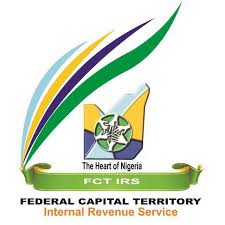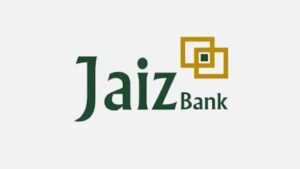
Low human capital, labour market weaknesses, exposure to shocks require to be discussed to address poverty in Nigeria — World Bank
The World Bank has said that Nigeria’s efforts at reducing poverty might hit rocks if certain economic issues are not addressed. These include low human capital, labour market weaknesses and exposure to shocks.
This is contained in the new World Bank report, “A Better Future for All Nigerians: Nigeria Poverty Assessment 2022.”
The report represents the culmination of the World Bank’s engagement on poverty and inequality-relevant data and analytics in Nigeria in the past two years.
The report draws its conclusion from the 2018/19 Nigerian Living Standards Survey (NLSS), which provided Nigeria’s first official poverty numbers in almost a decade, as well as the Nigeria COVID-19 National Longitudinal Phone Survey (NLPS).
These surveys, according to the report, were implemented by Nigeria’s National Bureau of Statistics (NBS) in collaboration with the World Bank.
According to the report, which brings together the latest evidence on the profile and drivers of poverty in Nigeria, as many as four in 10 Nigerians live below the national poverty line. Many Nigerians — especially in the country’s north — also lack education and access to basic infrastructure, such as electricity, safe drinking water, and improved sanitation.
The report further notes that jobs do not translate Nigerians’ hard work into an exit from poverty, as most workers are engaged in small-scale household farm and non-farm enterprises, just 17 per cent of Nigerian workers hold the wage jobs best able to lift people out of poverty.
The report captures this spatial inequality by providing statistics at the state level, which is crucial, given Nigeria’s federal structure.
“It is clear that much needs to be done to help lift millions of Nigerians out of poverty, including boosting health and education, bolstering productive jobs, and expanding social protection,” the World Bank said, adding, “Yet implementing pro-poor initiatives requires unlocking fiscal space, reforming expensive subsidies — including fuel subsidies — will be essential, alongside countervailing measures to protect the poor as reforms are effected.”



